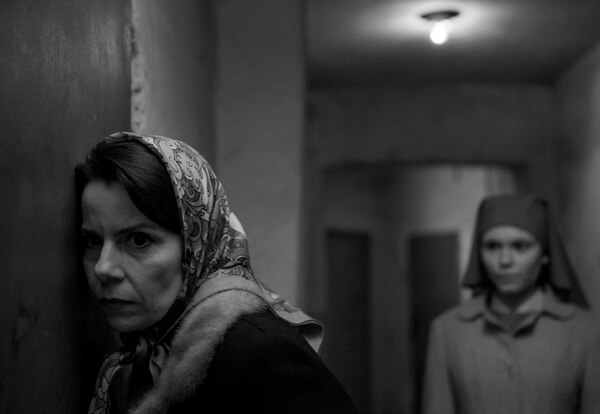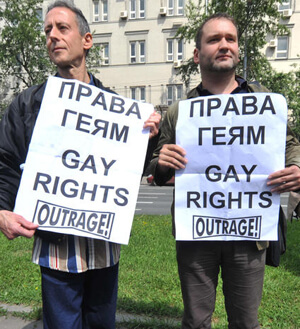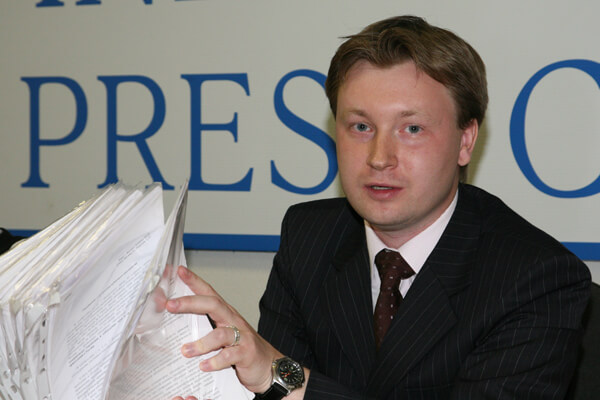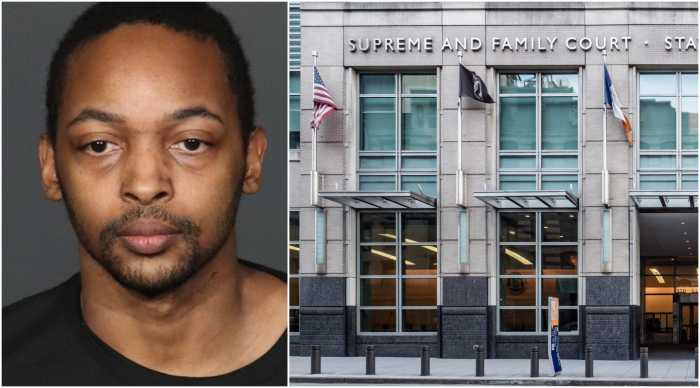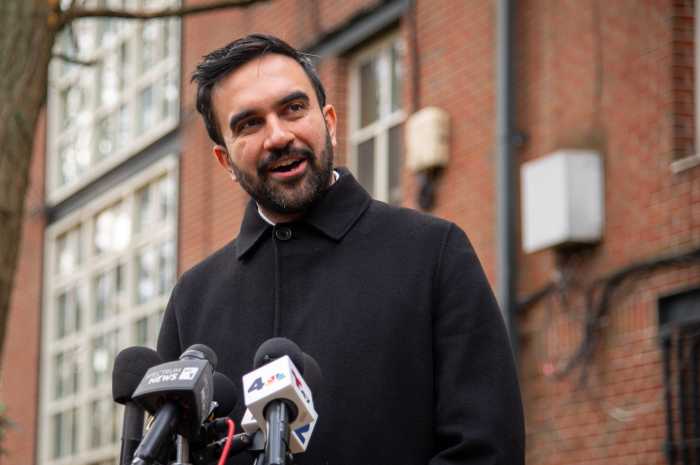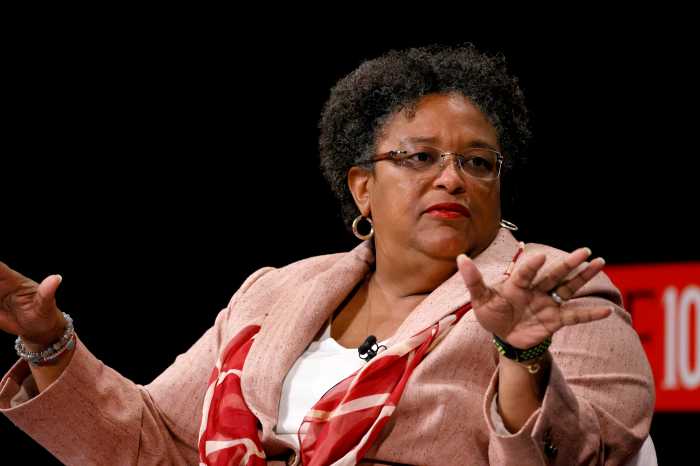BY KELLY COGSWELL | It’s getting harder and harder to be a cheerful, card-carrying member of the LGBTQ community. If it’s not the new spate of weddings, it’s our obsession with the policing of speech. We catch some famous person saying “homo” or “fag,” bust their chops, and soon they’re at HRC or GLAAD, beating their breasts and getting sensitivity training. A few days later, the same censors are screaming, “Free speech! Free speech!,” because somebody wasn’t allowed to march for something (that they agree with).
Those who demand limits, at least sometimes, might want to consider France as a cautionary tale. After World War II and the massacre of Jews, there are serious penalties for speech inciting hate. Last week, Anne-Sophie Leclere, a local, first-time candidate from the extreme right, was sentenced to five months in jail and given a 50,000 euros ($68,000) fine for publicly posting racist images and making racist remarks about Christiane Taubira, the minister of justice.
And just this weekend, in an effort to prevent anti-Semitic violence, Paris banned a march — against the bombing of Palestinians. The government had what they considered a good reason. A similar demo last week devolved from criticism of Israel to denunciations of “The Jews.” Protesters with baseball bats apparently tried to storm at least one synagogue, trapping a number of terrified people inside.
A Dyke Abroad
The ban, though, was denounced even by members of the governing party as anti-democratic, no matter that it was probably legit. The right to assemble apparently isn’t written into the French constitution (though the right to strike is).
In any case, the ban, complete with threats of jail time and huge fines, only made things worse. Big mouths got to play the victim and no doubt claim Jews really do control the government. And after a semi-peaceful start, with a mixed crowd of all genders and ages, the march evolved into the usual melee featuring guys with their faces wrapped in those checkered scarves and posing for the cameras with a cloud of teargas behind. The message that Israel should quit bombing Palestinians was largely lost.
Despite the predictable, though unintended consequences of curtailing speech, people still seem to think it’s a good idea. I went to hear a talk by Stuart Milk the other day, and he seemed a little embarrassed when somebody asked him why Americans couldn’t gag Scott Lively. He didn’t exactly muster a spirited defense of our values. Just explained the law, kinda, then changed the subject as fast as he could.
And it’s true, with near absolute free speech, Americans are stuck with the likes of preacher and anti-gay activist Scott Lively. In the US, “hate speech” pretty much only has legal implications when accompanied by a concrete act of violence. Or when there’s a direct and unmistakable cause and effect, like yelling “Fire” in a crowded theater, leading to somebody getting trampled to death. So Mr. Lively can travel the world spreading lies and hate about LGBT people, and he can’t be prosecuted in America until links between his anti-gay campaigns and violence become more and more direct. Or he’s attacked from a different legal angle.
Faced with the consequences of such speech, it’s difficult to accept the usual pat response that the answer to bad speech is more speech. What we should say, then, is that efforts to prevent hate speech may actually open the door to it and thwart efforts to fight back.
We’re seeing it play out in Europe. With the intention to prevent a reprise of the Holocaust, they introduced the idea that it is acceptable to criminalize speech that may incite a certain mindset (hate) that may incite a criminal act. From there, it’s not much of a leap to decide to prevent the original speech from taking place.
And while you could shut up Scott Lively once and for all, you may also see more marches banned. Because something untoward might be said, which might eventually lead to violence.
In the worst-case scenario, you get Russia. Because if the tools exist to ban Scott Lively, they exist to ban you. It all depends on who’s on top. Take these ideas to their logical conclusion with a different ideological lens, it’s not only possible, but practically necessary, to criminalize pro-gay speech. After all, societies agree on what is dangerous and repugnant, and if in Russia there is the widespread belief all queers are pedophiles, and also, somehow, magically, a threat to the state, speech in our defense is dangerous, too.
So keep this in mind — once legal tools exist to curb speech, we can’t guarantee only the wise and good-hearted will be in control of them. So we better err on the side of scary, limitless speech. This is especially important — I’ll say it again — for queers. We will always be a minority, always vulnerable. We need to protect the few weapons we have.
Kelly Cogswell is the author of “Eating Fire: My Life as a Lesbian Avenger,” published this year by the University of Minnesota Press.


